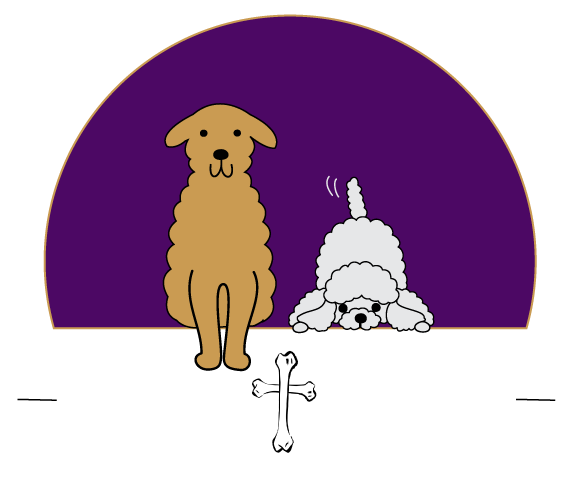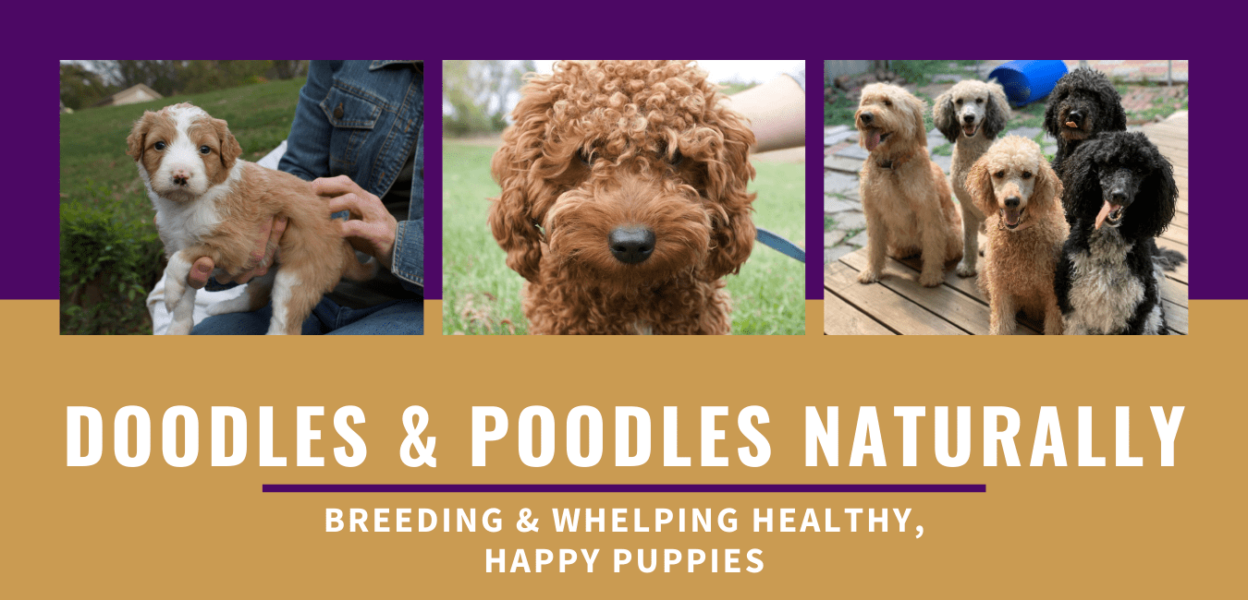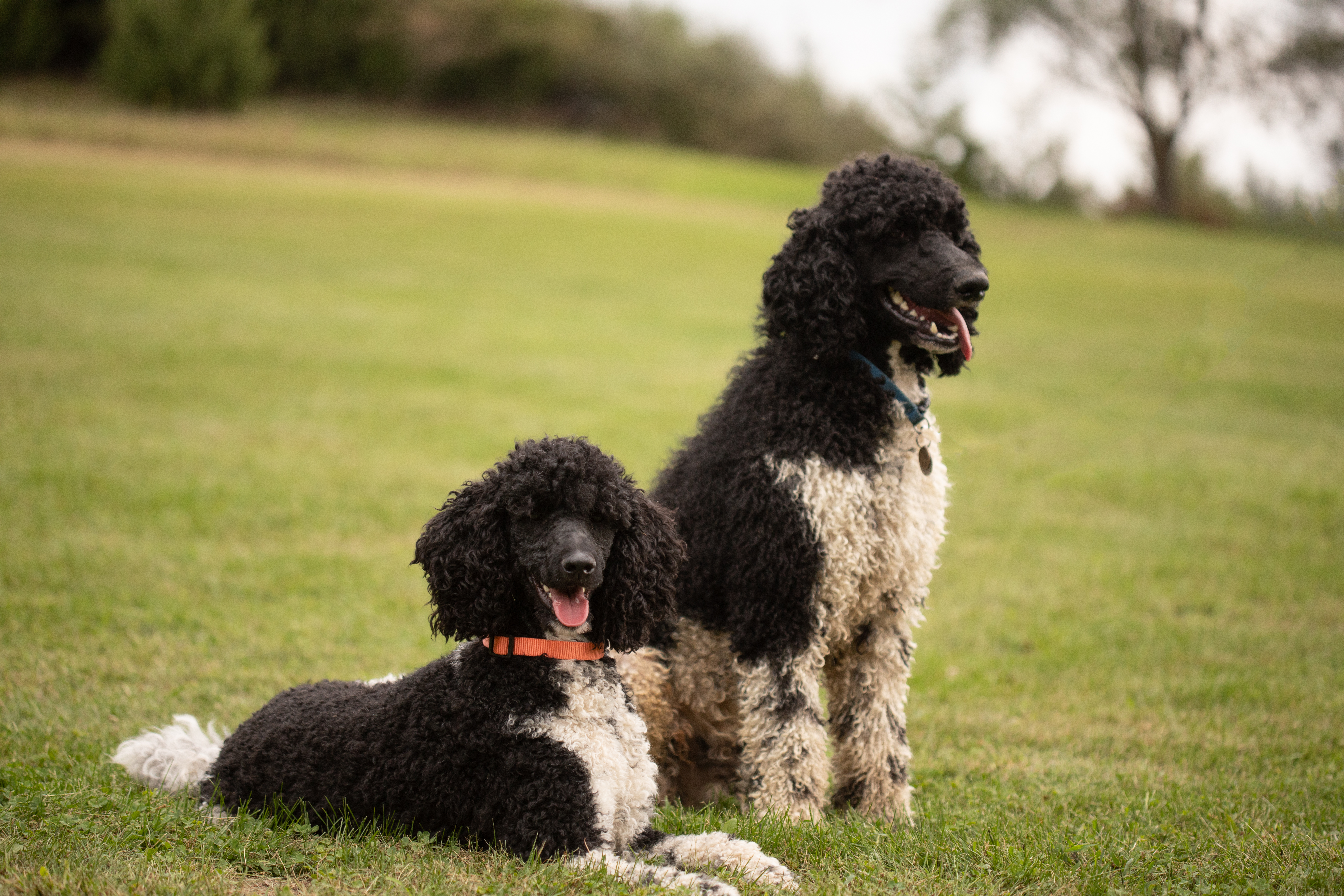It is not hard to find stories of dogs being aggressive anymore, although this didn’t used to be true. Like some of the holistic vets, I wonder if this isn’t due to what we are exposing them to, or even from vaccine damage to the brain and nervous system. I have personally been told many stories of aggressive dogs that were helped when the offending substance was eliminated. Here is one story:
Teresa had a sweet, loving bichon frise. Her dog loved the children in their neighborhood. When she was two years old Theresa took her to the vet to have something checked on her and she was given a distemper-parvo vaccine. Not at all what she was there for, or wanted her dog to have, but they did it anyway. Within 24 hours the dog became aggressive. It growled at her children and the neighborhood children. By the end of the week, there was no change in her attitude and Teresa was considering putting the dog down rather then risking a law suit for a dog bite. Before doing so, in an effort to save the dog, she took it to someone who was familiar with vaccines and their damage potential to the brain. This person made a homeopathic remedy for her from the dog’s saliva in an attempt to stop, and hopefully even reverse the damage that was occurring to the dog’s brain. She said she gave her dog three doses of the homeopathic saliva remedy and then waited to see if it helped. Within 24 hours she had her sweet dog back. She said it worked so well that it was like flipping a switch. I know that isn’t very scientific, but this is not the only story like this that I have heard.
Another story involved a one year old standard poodle that lunged at a four-year-old in an attempt to bite him. Then there was a bichon mix who, on several occasions, lunged at and tried to bite children. Even another dog was just a 10 week old puppy who, 2 weeks after receiving her parvo-distemper vaccine, growled unprovoked at a three year old child. And last, an 8 year old little boy and his golden retriever who were both described as having a “Doctor Jeckyl & Mr. Hyde personality” by the boy’s father. The change in personality occurred shortly after the dog received his vaccines. The little boy, in this last case, slept with his dog which means there was plenty of exposure to the boy from the dog’s vaccines. In all of these cases, the dogs (and the little boy) went to a person who gave them the Distemper-Parvo vaccine homeopathic remedy. All had the same “flipping a switch” reaction.
What was most interesting in all of these stories, was that it wasn’t just the family or owner of the dogs that noticed the changes after the homeopathic remedy was given. For example, in the last story, the little boy’s teacher was so surprised by the changes she witnessed in him that she called his mother to ask what she had given him. He was not only calmer and more cooperative, but she said his school work was rapidly improving. She was hoping the mother had found a “miracle supplement” that she, the teacher, could tell other parents about who also had children struggling in school.
Dr. Pitcairn said he found dogs sometimes become aggressive, destructive, and even hysterical after receiving a vaccine. In his 20 years of practice he witnessed a dramatic difference between pets that were vaccinated and those not vaccinated. Pets not vaccinated have less illness, better coats, they tend not to attract parasites and are generally healthier overall.
Additionally, Dr. Don Hamilton, DVM in his book Homeopathic Care for Cats & Dogs says “A second type of aggression can arise as a consequence of anesthesia with ketamine (Ketaset) or tiletamine (Telazol).”
As you can see, doctors have found chemicals used on animals as the underlying cause of dog aggression.
We aren’t veterinarians, and wouldn’t presume to tell you what to do for your pet, but what we can do is share with you the list of things we found in our research to both stop doing and to start doing, in order to support your pet’s health from this point forward. As always, we recommend you consult with a Holistic Veterinarian or a Naturopath that works with animals.
Homeopathy
Belladonna, Hepar sulph, Hydrophobinum or Rabies vaccine remedy (especially if there is also a fear of water), Hyoscyamus, Lachesis, Lyssin, Mercurius, Nux Vomica, Stramonium, Thuja (after any vaccine is given), CoronaVir vaccine remedy (if aggression is toward moving objects, such as cars or bikes), Distemper & ParvoVirus vaccine remedy combination (if aggression is primarily aimed at children); ParvoVir & Tetanus Vaccine combination remedy (aggression is aimed at people of all ages and a thyroid imbalance appears to be involved); Rabies vaccine remedy (aggression aimed at other animals), Parainfluenza vaccine remedy (aggression is more like rage).
Nutrition
More organic meat, or raw meat in the diet.
Detox
Vaccines you might consider detoxing: Parvo & Distemper together, Rabies, ParaInfluenza, Tetanus.
Herbs & Supplements
Feverfew capsules or extract supports the health and normal circulation to the brain. It also supports the elimination of headaches if that is a factor, and if it started within six months after vaccines were received.
Environment
Avoid poison exposure, including toxic dewormers, pesticide shampoos, pesticide sprays, pesticide ointments, and collars that contain chemical pesticides, all of these weaken the immune system.
Consider using natural products on the lawn pets have to walk on.
Consider getting titers on dog before revaccinating.. According to Don Hamilton, DVM., in his book Homeopathic Care for Cats & Dogs, “Aggressive animals are much more prevalent these days than ever before” and many holistic vets are suspecting vaccinations as the main cause.
As always, we recommend you consult a Naturopath that works with animals.








